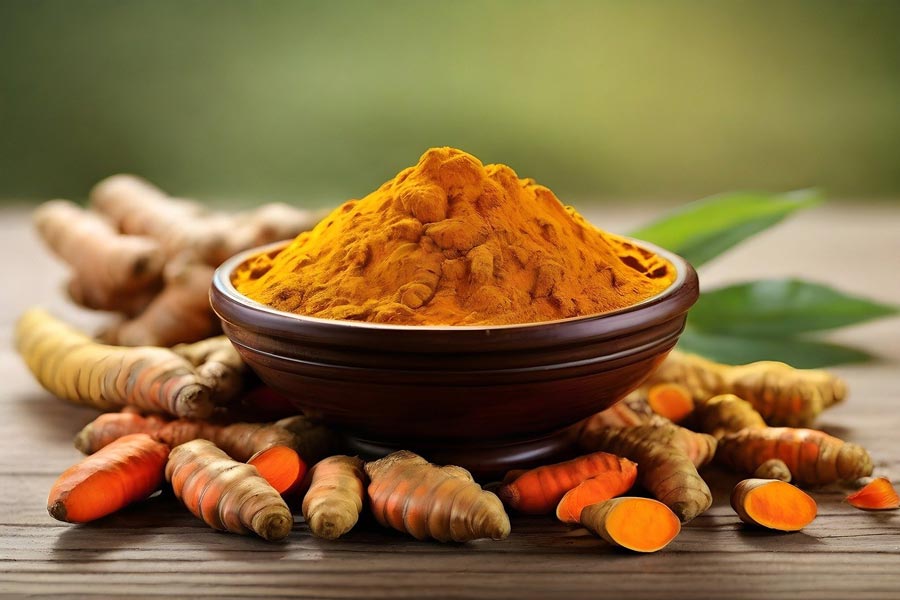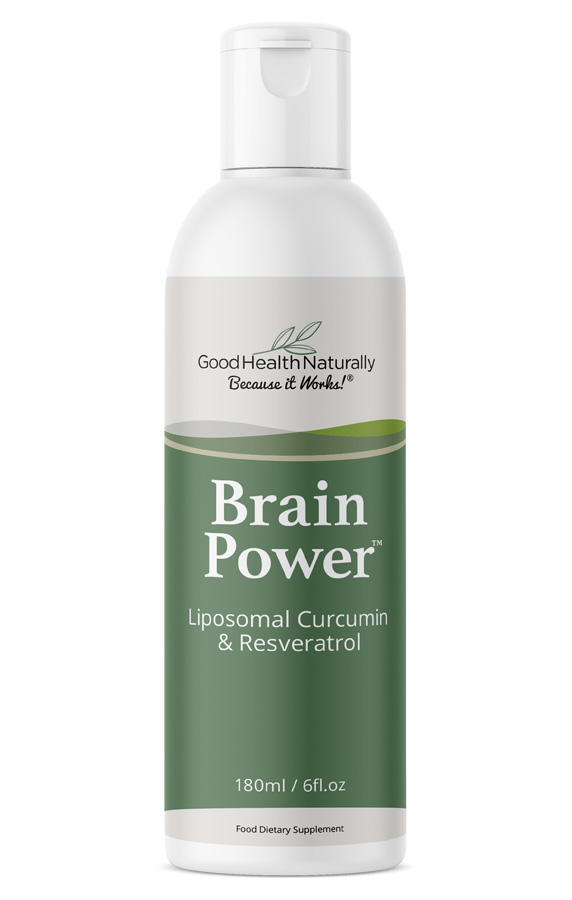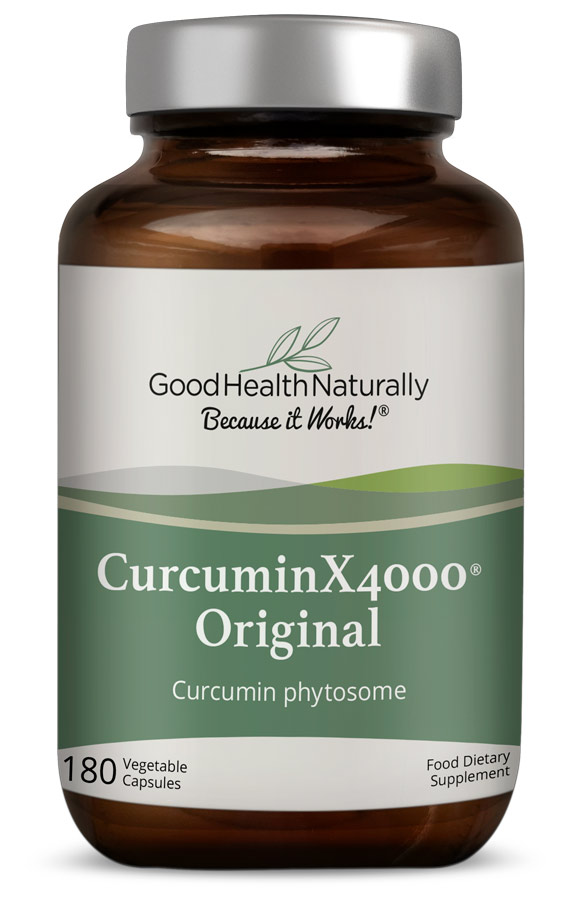Curcumin, the active compound in turmeric, is well-known for its anti-inflammatory and antioxidant properties. From alleviating joint pain to supporting heart health, curcumin has made its way into the limelight as a natural powerhouse. But there’s one angle that’s gaining attention yet remains relatively underexplored—curcumin and gut health. This dynamic link between the gut and the brain is crucial for both mental and physical well-being, and curcumin is emerging as a fascinating player in this area. Let’s dive into how this golden compound may influence our gut health and, in turn, our mood, cognition, and overall mental health.
Curcumin’s influence extends beyond gut–brain signalling into broader metabolic pathways, including inflammation, energy regulation and fat cell behaviour, which we explore in more detail in our article on curcumin for weight loss.
What is the Gut-Brain Axis?
The gut-brain axis refers to the bidirectional communication network between the central nervous system (the brain) and the enteric nervous system (the gut). It’s more than just a one-way street—signals travel both ways, influencing each other. The gut produces about 90% of the body’s serotonin, the neurotransmitter linked to mood regulation, showing how vital a healthy gut is to our mental state. Factors like diet, stress, and inflammation can disrupt this axis, leading to mental health challenges such as anxiety, depression, and cognitive decline.
Curcumin: The Gut Health Enhancer
One of the most promising aspects of curcumin is its ability to promote gut health, which may help restore balance to the gut-brain axis. A 2020 study published in Nutrients highlighted curcumin’s role in modulating gut microbiota. The researchers found that curcumin could increase the populations of beneficial bacteria like Bifidobacterium and Lactobacillus, which are key players in maintaining a healthy gut environment.
A well-balanced gut microbiome is crucial for reducing gut inflammation, which in turn affects brain health. Chronic inflammation in the gut has been linked to neuroinflammation—brain inflammation that can lead to mood disorders and cognitive decline. By supporting gut health, curcumin indirectly contributes to brain health, creating a positive feedback loop.
Curcumin’s Role in Reducing Inflammation and Oxidative Stress
Chronic inflammation is a major disruptor of the gut-brain axis, and curcumin is known for its potent anti-inflammatory properties. A 2019 study published in Frontiers in Pharmacology reported that curcumin can inhibit inflammatory pathways like nuclear factor-kappa B (NF-κB) and tumour necrosis factor-alpha (TNF-α), which play a key role in gut inflammation. By reducing inflammation in the gut, curcumin not only aids digestion and nutrient absorption but also contributes to a healthier brain.
Additionally, curcumin’s antioxidant properties protect both the gut and brain from oxidative stress, another factor that negatively affects the gut-brain axis. Oxidative stress can damage the gut lining, leading to conditions like leaky gut syndrome, which allows harmful substances to enter the bloodstream and trigger systemic inflammation.
Curcumin and Mental Health
The connection between gut health and mental well-being opens up exciting possibilities for curcumin as a natural mood enhancer. Recent studies have shown that curcumin has antidepressant and anxiolytic (anxiety-reducing) effects, possibly through its interaction with the gut-brain axis.
A 2020 randomised controlled trial published in the Journal of Affective Disorders demonstrated that curcumin supplementation significantly improved symptoms of depression in individuals with major depressive disorder (MDD). The study pointed to curcumin’s ability to regulate serotonin and dopamine levels, critical neurotransmitters involved in mood regulation. While the exact mechanisms are still being researched, it’s believed that curcumin’s influence on gut health is crucial in these mood-enhancing effects.
Furthermore, curcumin may help mitigate the mental fog and cognitive decline associated with ageing and neurodegenerative diseases. A 2018 study published in the American Journal of Geriatric Psychiatry found that curcumin improved memory and attention in older adults over an 18-month period. Researchers believe that curcumin’s ability to reduce neuroinflammation and oxidative stress is central to these cognitive benefits, but its role in gut health should not be overlooked.
The Gut-Brain Axis and Immunity
Another often overlooked aspect of the gut-brain axis is its role in immunity. Approximately 70% of the immune system resides in the gut, and the health of the gut microbiome directly impacts immune function. Curcumin has been shown to boost immune health by enhancing the activity of immune cells like macrophages and dendritic cells, which protect the body from harmful pathogens.
A study published in Immunological Research revealed that curcumin could modulate the immune response by promoting a balance between pro-inflammatory and anti-inflammatory cytokines. This is particularly beneficial for people with autoimmune conditions, where the immune system mistakenly attacks healthy cells, often starting with the gut. By maintaining a balanced immune response, curcumin helps to protect gut health and, by extension, brain health.
Bioavailability: A Challenge Overcome
One of the main challenges with curcumin has always been its poor bioavailability. Simply put, it’s not easily absorbed by the body. However, new formulations and technologies have significantly improved curcumin’s bioavailability, making its gut and brain benefits more accessible. Liposomal curcumin, for example, uses tiny fat-based particles to encapsulate the compound, increasing its absorption. Similarly, curcumin combined with phospholipids can also enhance absorption.
Conclusion: Curcumin as a Holistic Solution
Curcumin offers more than just relief from inflammation or oxidative stress—it presents a holistic solution that bridges gut and brain health through the gut-brain axis. For natural health enthusiasts, this opens up exciting possibilities for using curcumin as part of a comprehensive wellness plan. Whether you’re looking to support mental clarity, improve mood, or enhance gut health, curcumin may be the golden key to achieving optimal well-being.
By addressing the gut-brain axis, curcumin not only tackles physical health but also mental and emotional well-being, providing a natural solution that aligns with the holistic approach many natural health advocates seek. As more research unfolds, curcumin’s role in gut-brain communication is likely to gain even more attention, solidifying its place in the future of natural health.
References:
- Nutrients (2020). “Curcumin and its Modulation of Gut Microbiota.” https://doi.org/10.3390/nu12092578
- Frontiers in Pharmacology (2019). “Curcumin Inhibits NF-κB and TNF-α to Reduce Inflammation in the Gut.” https://doi.org/10.3389/fphar.2019.01023
- Journal of Affective Disorders (2020). “Curcumin for Treatment of Major Depressive Disorder: A Randomized Controlled Trial.” https://doi.org/10.1016/j.jad.2020.04.012
- American Journal of Geriatric Psychiatry (2018). “Curcumin Improves Cognitive Function in Older Adults: An 18-Month Study.” https://doi.org/10.1016/j.jagp.2018.04.001
- Immunological Research (2019). “Curcumin Enhances Immune Function and Balances Inflammatory Cytokines.” https://doi.org/10.1007/s12026-019-09018-8






